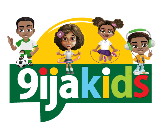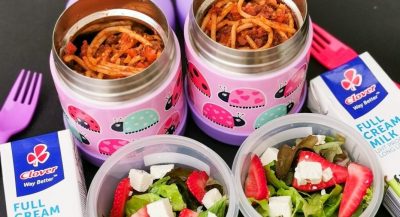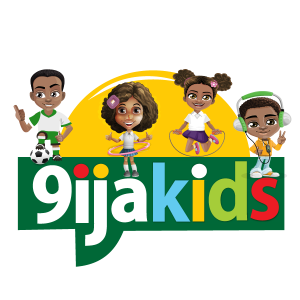You have your meal plan all set and every morning has been a jolly ride for you in the kitchen with less worry about what to pack in your child’s lunch box. If that’s you, then I give you a kudos, not many parents have this angle perfectly figured out. However, the deal isn’t about having it figured out, but did you put “Balanced diet into consideration while figuring it out’’? If you are not packing the right nutrient daily, you might be doing your child a major disservice. Here are the nutrients you must be serving your child daily.
Protein
Meat, chicken, fish, eggs, beans and dairy products are foods that are rich in protein. Protein is known as the building blocks for the body and are considered very important for kids as it fights infections, helps the child’s body build cells and break down food into energy.
Carbohydrates
The most important source of energy is carbohydrate and while the benefits are overwhelming, you need to make sure you’re serving them in moderation. Kids especially should be eating more of the starches and fibres variants of carbohydrate and less of the sugar. Foods that contain high levels of carbs include Breads, Cereals, Rice, Pasta and Potatoes.
Fats and oil.
Fats is essential in children in building the child’s brain and helps them reach their maximum growth potentials. It gives children the basic energy they need and helps metabolise other nutrients they need. Meals such as nuts, whole dairy products, meat, fish are your pick.
Calcium
The essence of calcium is to maintain strong bones and teeth while assisting in muscle contractions, nerve stimulation, regulation of blood pressure and heart functions. It is essential for growth and developments. Foods that contain high level of calcium include yogurt, cheese, milk, egg yolk etc.
Iron
The body can’t make haemoglobin and a lot of red blood cells in the absence of iron. Invariably, the tissues and organs won’t be getting the needed oxygen thus leading to cell death. This makes iron a very important nutrient. Foods rich in iron include red meats, Liver, Poultry, Beans, Nuts, Iron-fortified cereals. etc
Fiber
Fibre helps produce bowel regularity and movement in a child. It can also play a role in reducing the chances of heart disease and cancer. Fibre helps reduce the rate of overeating and fighting of constipation problems. Foods that contain high levels of fibre include: Whole-grain cereals, Kidney beans, Seeds ,Nuts, popcorn, apples, avocado.
Vitamin A
Vitamin A serves a variety of purposes in kids. It aids growth, assists the eyes in adjusting to dim and bright lights, helps a healthy vision, keeps skin healthy and the skeletal tissues, and works to prevent infection (boosts immune system). Foods that contain high levels of Vitamin A include carrots, mango, vegetables, sardines, butter, egg yolk.
Vitamin C
Vitamin C does more than just fighting off the common cold. It also holds the body’s cells together, needed for healthy skin, cartilage, gums, and strengthens the walls of blood vessels. It is also known for healing wounds and resistance to infections. Foods that contain high levels of Vitamin C include: Citrus fruits (such as oranges) Tomatoes, Potatoes, Mango, pineapple, pawpaw.
Find a way around adjusting your meal plan to accommodate the necessary nutrients daily for your child. Share this with parents like you using the button below.


